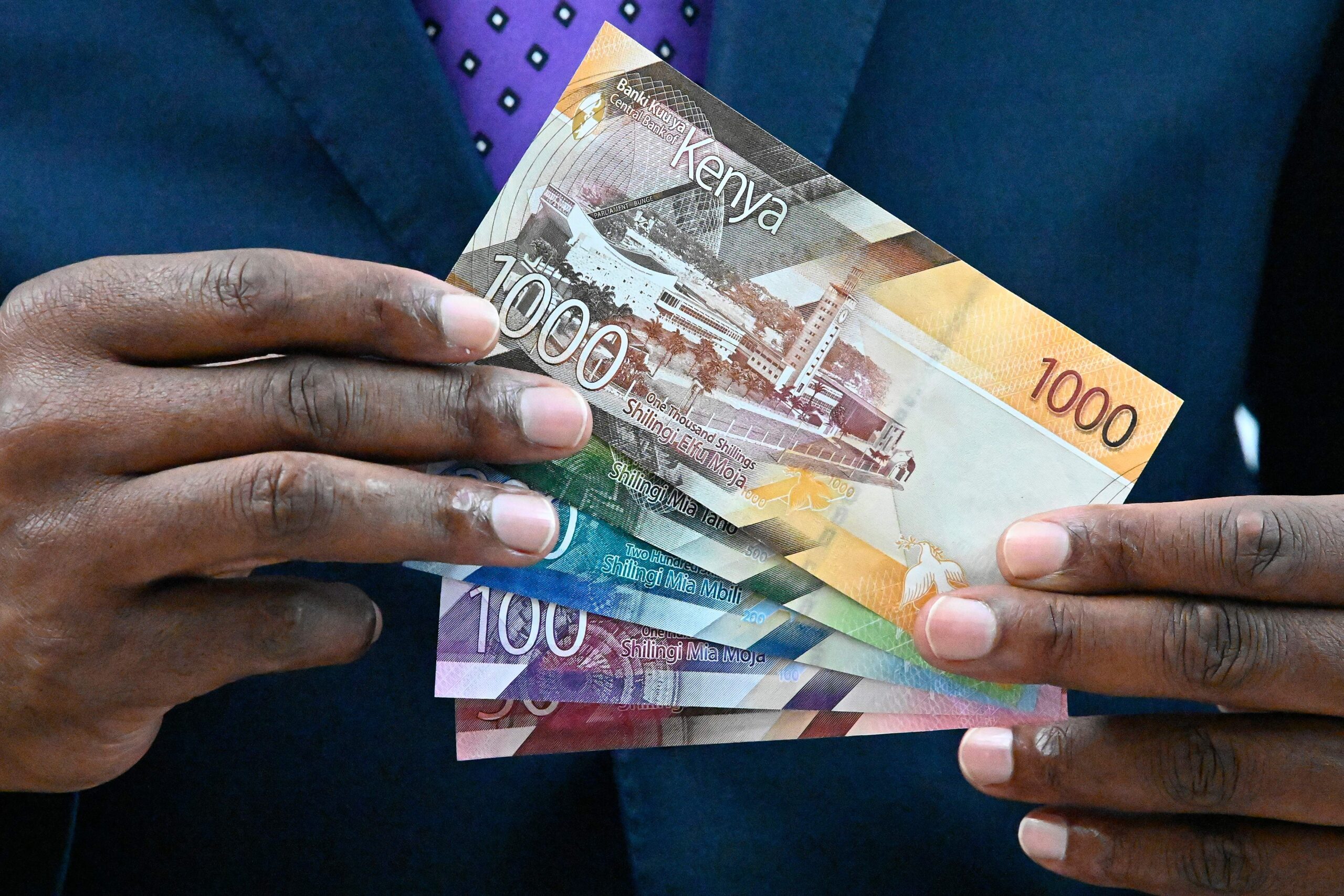
Personal finance lessons learned during the COVID-19 pandemic

The COVID-19 pandemic has had a profound impact on the world affecting people’s social and economic lives.
In Kenya, several businesses, especially hotels and restaurants, have reduced employees’ salaries and ordered most of their staff to proceed on leave, in many instances, without pay. Some have gone as far as closing their properties and terminating contracts of their staff due to the uncertainty brought about by COVID-19.
The losses of jobs and income and restrictions on business operations all result in effects on personal finance forcing people to adjust their money habits and lifestyles.
Stephen Kamau, a worker in Kenya’s hotel industry, which has been hard hit by the pandemic, said that his favourite pastime of hanging out with his friends during the weekends is now a thing of the past.
“One thing I had to adjust drastically was going out, eating nyama choma (roasted meat) almost on a weekly basis with friends. Going out for reggae nights, trips to new places and national parks have all come to a halt.”
Kamau admitted that though this adjustment happened to coincide with a period during which he was changing his drinking habits, it was a decision he had to take to manage his finances.
Kamau said that he has switched to looking out for bargains and bulk buying in an attempt to save money on groceries and other essential household items. He also no longer buys certain luxuries to enjoy at home like certain snacks and alcoholic drinks.
“When shopping for groceries, I have been focusing on areas where we have promotions that come with extras and lower prices and also buying from guys with more quantities for the same price,” he said.
In addition to this, Kamau is now doing full-time home-cooked meals rather than entertaining the thought of occasionally eating out or ordering takeaway food.
Kamau added that though he works from home, he has also minimized unnecessary movements in order to save on fuel and transport costs.
However, even with such drastic measures, he has not been able to operate at a level in which he can continue with his personal development.
“Covid-19 has had such a downward effect on me. I had a project I was funding back at my rural home and, with the uncertainty of the cash flow, I had to hold it.”
According to Eric Muthomi, a financial consultant with insurance firm Britam in Kenya, this is a period in which people needed to take extra care of their spending due to the prevailing uncertainty.
Muthomi said that one of the biggest areas where one can watch their spending is in food. He argued that, with people staying at home longer, there is a greater likelihood that they will eat more driving the food cost higher. This, he said, can be addressed by purchases from the source and in wholesale.
“You need to stock up on essential foods, such as cereals and starches. Try and buy directly from farmers and, if it is meat, from slaughterhouses where it is cheaper,” he said.
“It is important that as you shop, you use a very strict item list or budget list where you know exactly what it is that you are going to purchase and how long you think they will last you.”
Muthomi said that it was also crucial that people closely monitored their utility bills, especially electricity and water, as they were susceptible to significant increases as more people spent time at home.
However, Muthomi pointed out that not everything about COVID-19 on personal finance had been a negative effect. He said the experience had taught Kenyans that they need to be wiser in determining how they spend, save and invest.
“They are waking up to the fact that their jobs are not as stable as they thought they would be so they are becoming very careful in doing things, like budgeting and expense tracking, that eventually help them improve the personal finance. People are, basically, being more prudent with their money than before,” he said.
Kamau echoed Muthomi’s sentiments pointing out that the need to have alternative sources of income was vital.
“COVID-19 has been a great eye-opener that we need not to put all our eggs in one basket. Investment is better than saving. This does not negate the saving factor but, over and above saving, we need to have other mainstream sources of money coming in.”
Muthomi added that it had also dawned on people that they did not necessarily need to spend as much as they previously had, whether it was on basics or leisure activities, and there were new ways of saving a coin here and there.
His advice to everyone affected by COVID-19 was to take this opportunity and invest in themselves by getting to know more about personal finance management.
“Get to learn about finances first. Understanding finances is the best investment you can make during this time. Remember, when we are talking about investments, most of us will think about how much money is involved. Sometimes, an investment is not money, sometimes an investment is just your time and effort in seeking and gathering information,” he said.






